Keywords: University Of Melbourne
-

AUSTRALIA
- Holly Lawford-Smith
- 02 February 2024
1 Comment
How can we make progress on the question of whether debate can do harm, and if it can, whether that’s a sufficient reason to suppress particular debates? Or should we adopt a ‘no debate!’ approach to particular topics ourselves?
READ MORE 
-

RELIGION
- Bill Uren
- 30 January 2024
8 Comments
As Australia adopts voluntary assisted dying nationwide, the Australian Catholic Bishops Conference addresses ethical challenges for end-of-life care in this new legal landscape. What is to be done when a terminally ill Catholic patient requests access to the sacraments when their intention is to embark on assisted suicide?
READ MORE
-
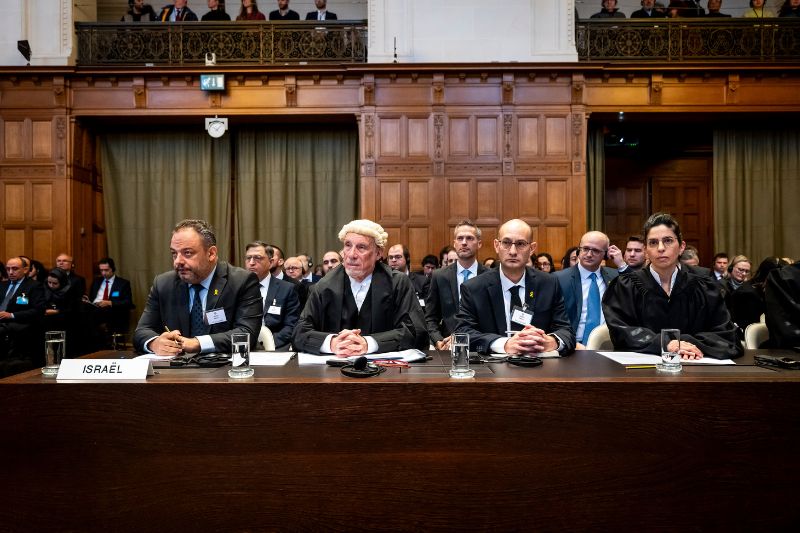
INTERNATIONAL
- Chris Middleton
- 24 January 2024
6 Comments
South Africa has taken Israel to the International Court of Justice claiming genocide has been committed against Palestinians during the Gaza conflict. As the world anticipates a preliminary verdict, we consider key questions.
READ MORE
-
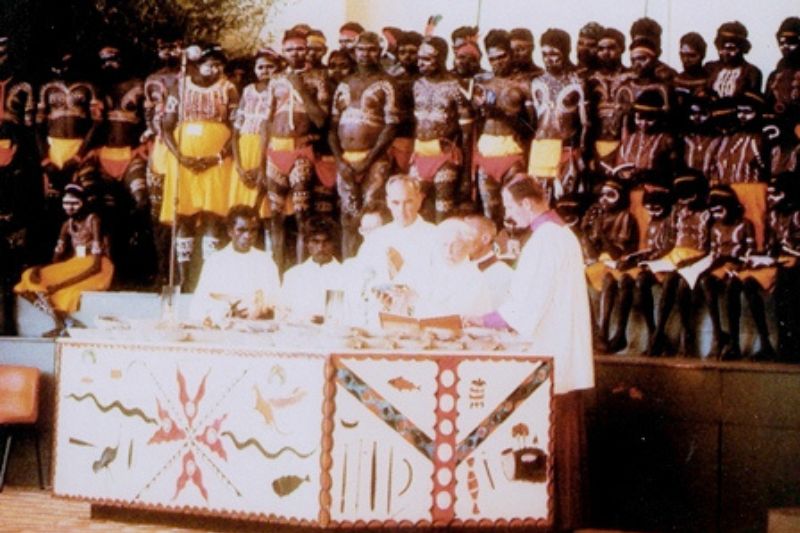
RELIGION
- Brian McCoy
- 11 January 2024
Fifty years ago, the Aboriginal Liturgy was the first attempt by the Catholic Church in Australia to re-shape the Mass, and was the first time we had witnessed and experienced Aboriginal people expressing their Catholic faith in ways that were culturally different from our own.
READ MORE
-
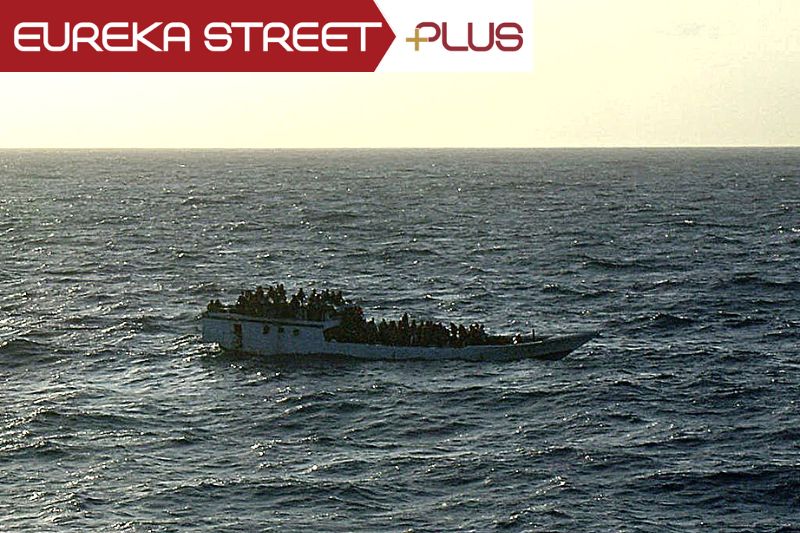
AUSTRALIA
- Kerry Murphy
- 04 January 2024
Throughout recent decades of Australian history, the stance every government has taken on asylum seekers has reflected the shifting political landscapes and challenging humanitarian issues that have continually shaped Australia's response to those seeking refuge.
READ MORE 
-
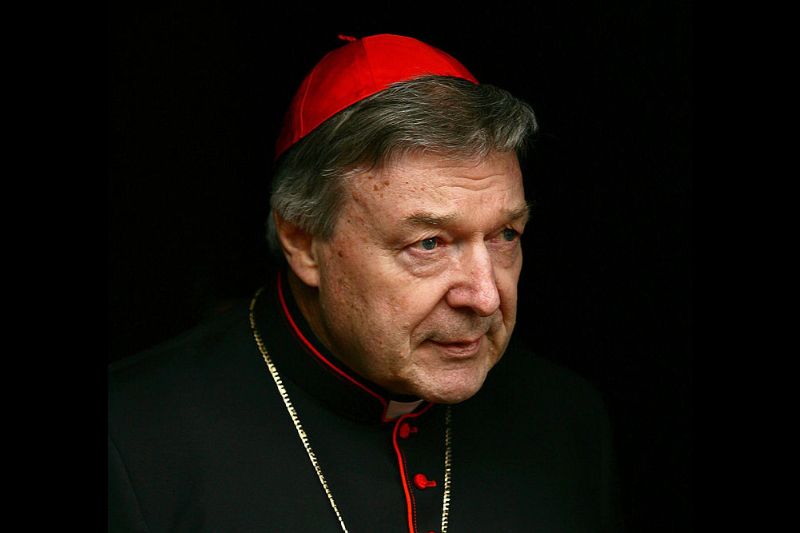
RELIGION
- John Warhurst
- 04 January 2024
Last year, the late Cardinal George Pell anonymously published a memorandum that criticized Pope Francis and his vision of a synodal church and condemned the Synod as a ‘catastrophe’, Cardinal Pell's memo signals building tensions between different visions for the future of the Church in Australia.
READ MORE
-
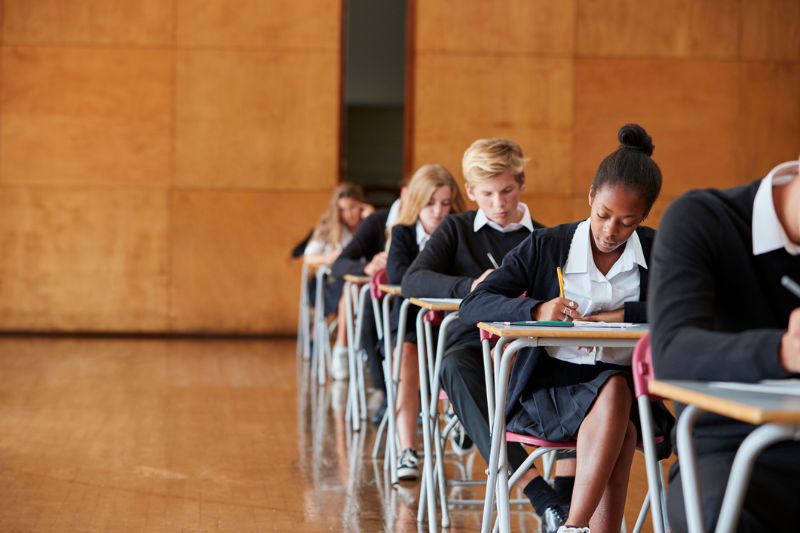
EDUCATION
- Erica Cervini
- 13 December 2023
3 Comments
As Australian students receive their year-end academic results, a stark educational divide comes into focus, with high-fee-paying private and selective government schools leading the ranks. This trend highlights significant socio-economic disparities across the country, raising urgent questions about the accessibility and true cost of academic excellence in a nation grappling with inequality.
READ MORE
-
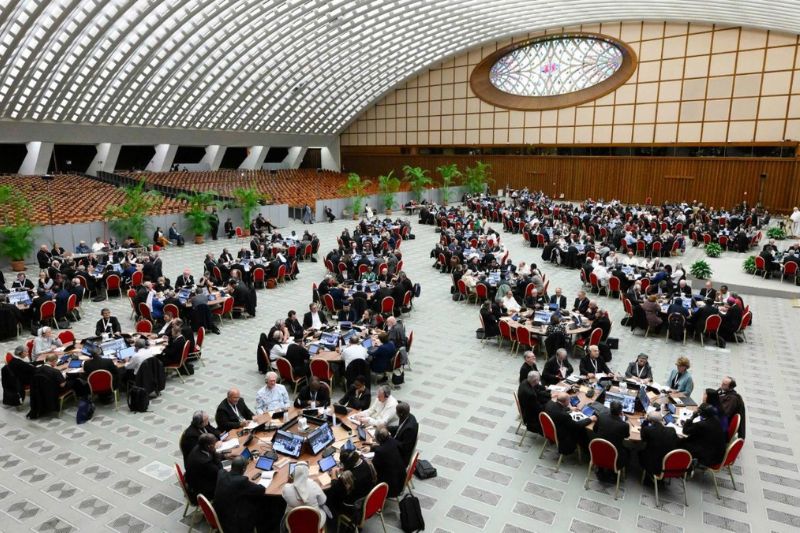
RELIGION
- Bill Uren
- 12 December 2023
2 Comments
The Synod on Synodality raised possible Church reforms like expanding communion to non-Catholics in interchurch marriages and reevaluating the stance on divorced and remarried members. This raises the question: Can the Church reconcile longstanding traditions with emerging calls for inclusivity and ecumenical openness?
READ MORE
-
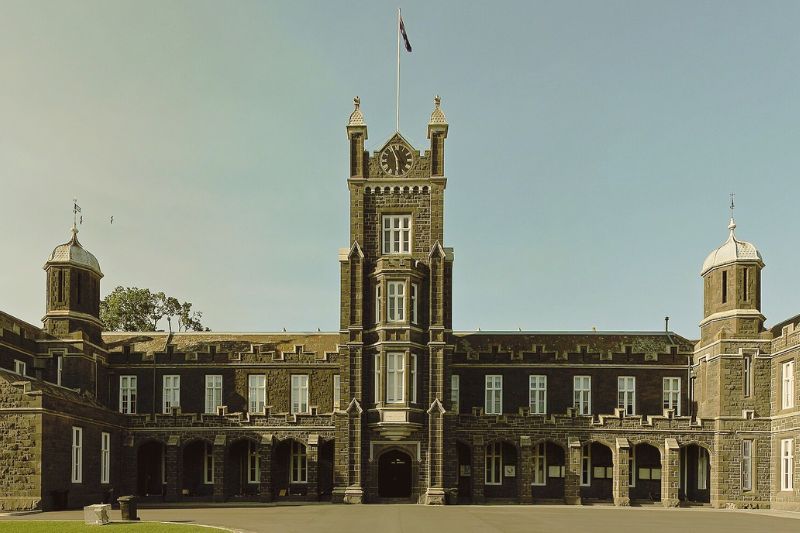
EDUCATION
- Chris Curtis
- 29 November 2023
6 Comments
Australian school funding is full of common misconceptions, and creating a rational, just, and effective school funding model requires cutting through media-driven inaccuracies to understand the real needs of Australian students and schools.
READ MORE
-
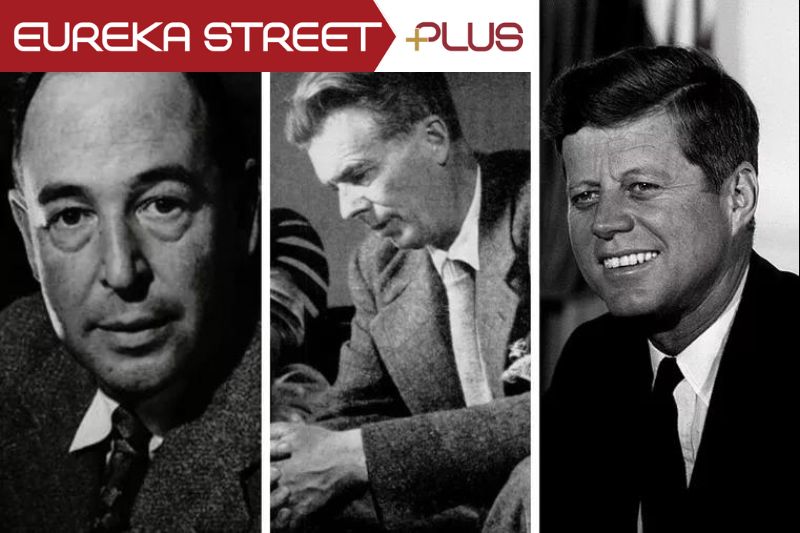
INTERNATIONAL
- Juliette Hughes
- 22 November 2023
1 Comment
Sixty years ago today, on November 22, 1963, the world lost three towering figures of the 20th century. On their diamond jubilee, do I think it was the end of the world as we know it when these three died? Each one shaped the twentieth century in a unique way. Each one left us with much to think about still.
READ MORE 
-
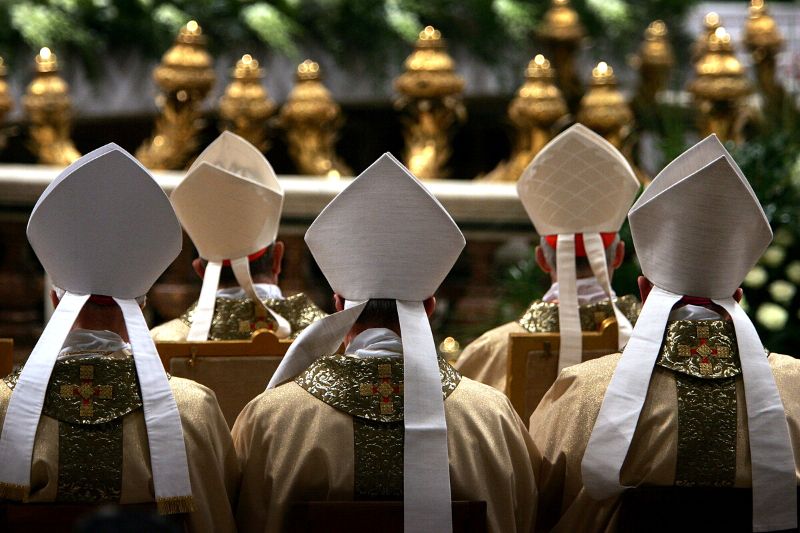
RELIGION
- Bill Uren
- 16 November 2023
7 Comments
Just two days before the opening of the recently concluded Synod on Synodality, five senior Cardinals — German Cardinal Walter Brandmüller, United States Cardinal Raymond Burke, Guinean Cardinal Robert Sarah, Hong Kong Cardinal Joseph Zen and Mexican Cardinal Juan Sandoval Ìñiguez — brought to public notice the five ‘Dubia’ (Doubts).
READ MORE
-

AUSTRALIA
- Andrew Hamilton
- 09 November 2023
4 Comments
Can the essence of human frailty—our inconsistencies, our biases, our passions—really be replicated in ones and zeros? And if so, what becomes of the human voice once the machines learn to speak?
READ MORE